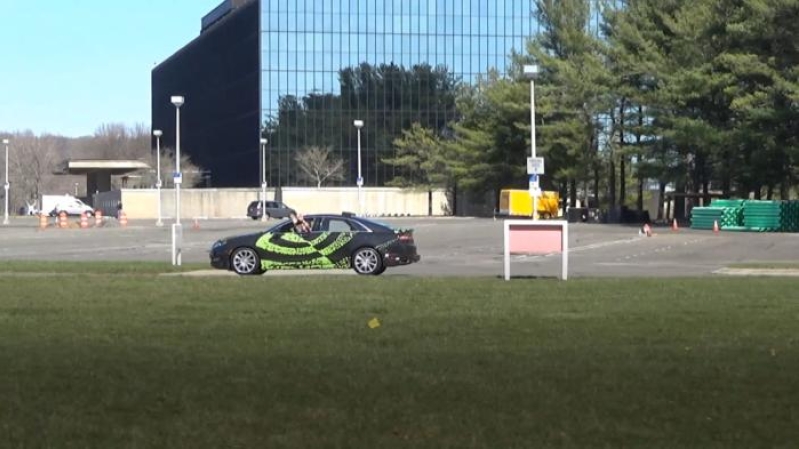
Toyota is a trusted name when it comes to the auto industry, and it will continue to inspire and improve its stable of vehicles that will cater for the masses. In fact, they were the ones who were the most successful when it came to hybrid vehicles with the Prius range, leading the charge as other players followed. It looks like Toyota would also like to have a piece of the autonomous vehicle market in the future, with CEO of Nvidia, Jen-Hsun Huang, having announced that Toyota will be working alongside Nvidia on the Drive PX autonomous driving platform which will be used to bring “life” to self-driving cars in the future.
Toyota vehicles had seen action in the self-driving car market before with Google and Apple leaning more towards those models as opposed to other vehicle manufacturers when it comes to the development of autonomous vehicle technologies. Toyota, on their own, had remained relatively distant from the idea, but the latest announcement by Nvidia’s CEO showcases the Japanese firm’s intent to move forward in the industry by ensuring that Nvidia's Drive PX platform will be powering its very own self-driving car research. In fact, the very near future might see a Drive PX-powered Toyota ride as Toyota would like to see a vehicle like that enter production in the next few years. This is pretty much in line with the industry’s timing for autonomous vehicles hitting the roads officially some time at the end of this decade, or early in the next.
This particular partnership between Toyota and Nvidia is not surprising at all, but it does spark plenty of excitement since it would be another example of how companies are now coming together to work on an autonomous vehicle system that will hopefully be flawless and accident-free. After all, self-driving cars carry the promise of lowering the number of traffic fatalities, with the dream of eliminating it completely, at least in countries that embrace such technology. However, the jury is still out on this, as there have been instances in the past that point to failed autonomous vehicle technology killing a passenger due to flaws in the system, while another person has claimed otherwise, citing that self-driving technology saved his family’s life.
Toyota is one step closer to a fully automated vehicle, as the company had already put its foot forward earlier on by working on the inclusion of advanced driver assistance features for all of its models in the near future. The latest Corolla model which is one of the entry level rides from Toyota already boasts of collision prevention technologies as a standard feature, allowing it to slow down and brake automatically should it detect a pedestrian walking in front of the car.
The ride ahead is going to be an exciting one, with Nvidia’s Drive PX self-driving car computer leading the charge. It will not have the market all to its own though, as Intel did announce its Autonomous Driving Garage not too long ago which will be used to develop a full self-driving system, while automotive equipment supplier Delphi also made a recent announcement that it would focus the majority of its resources to work on self-driving technology.






